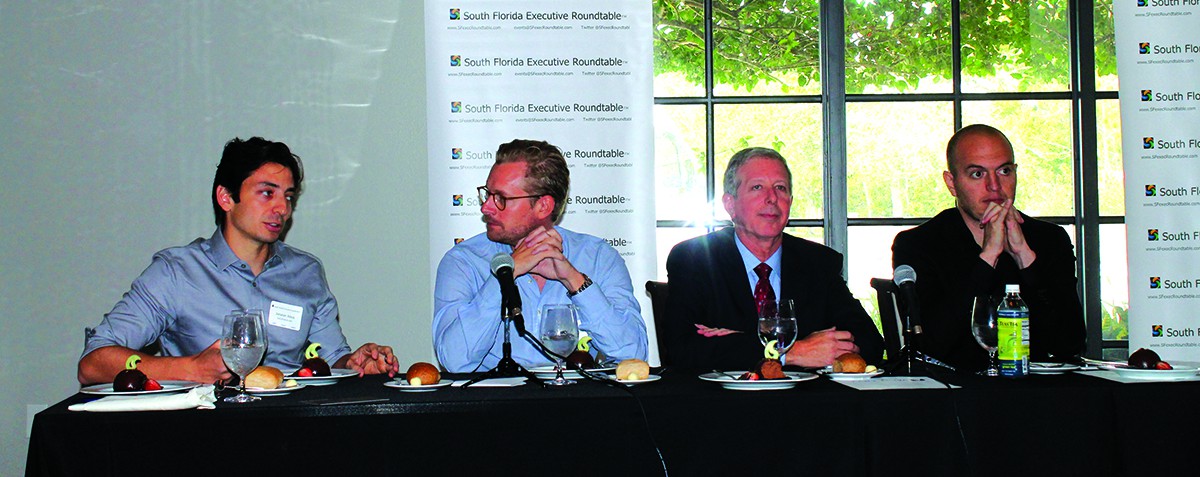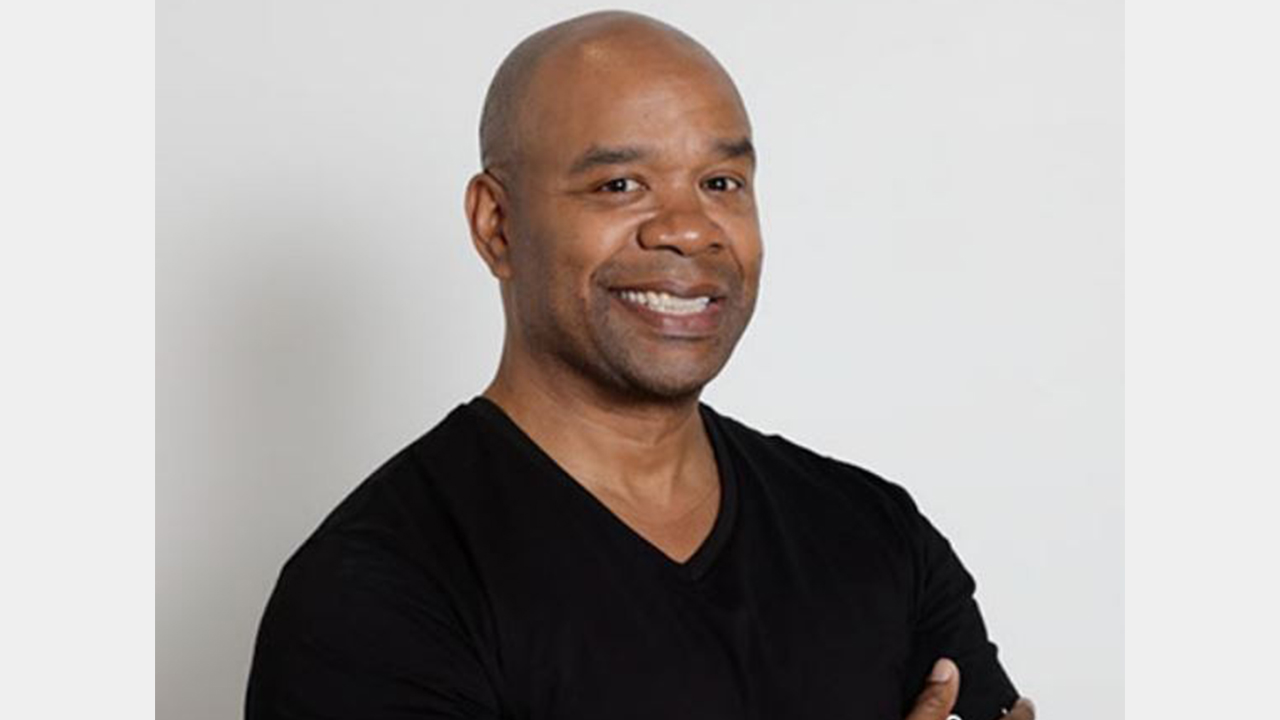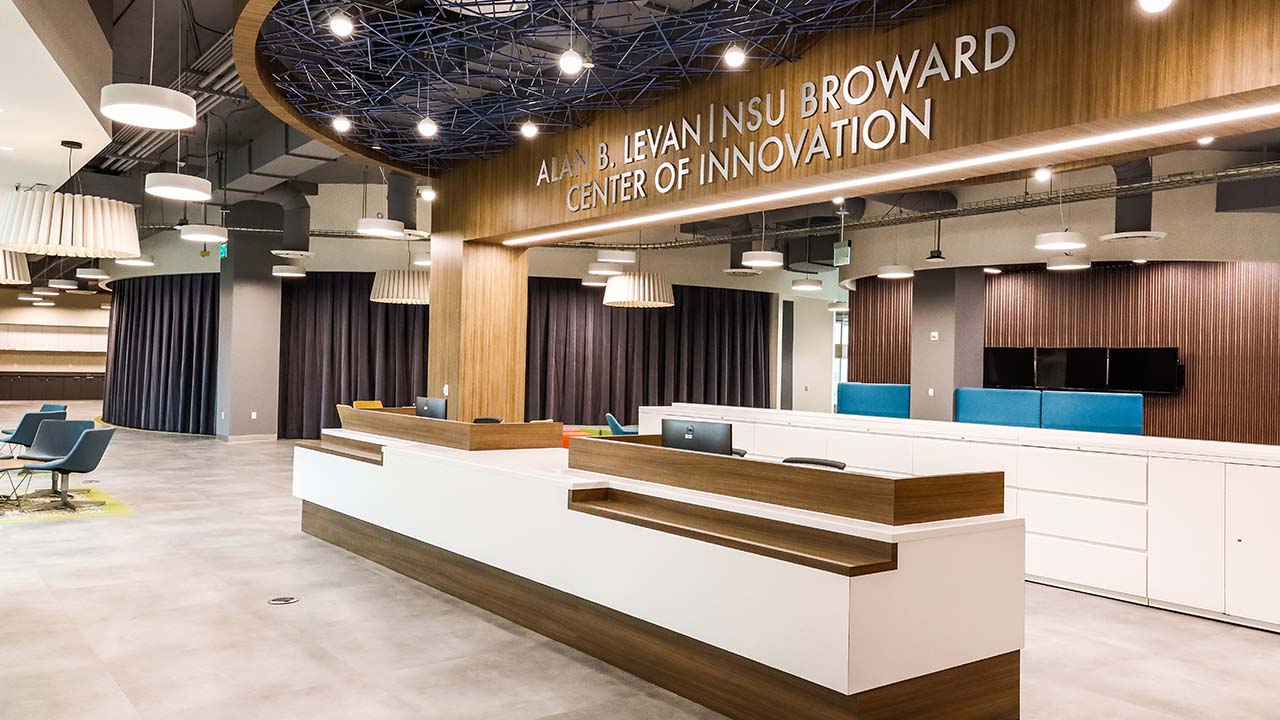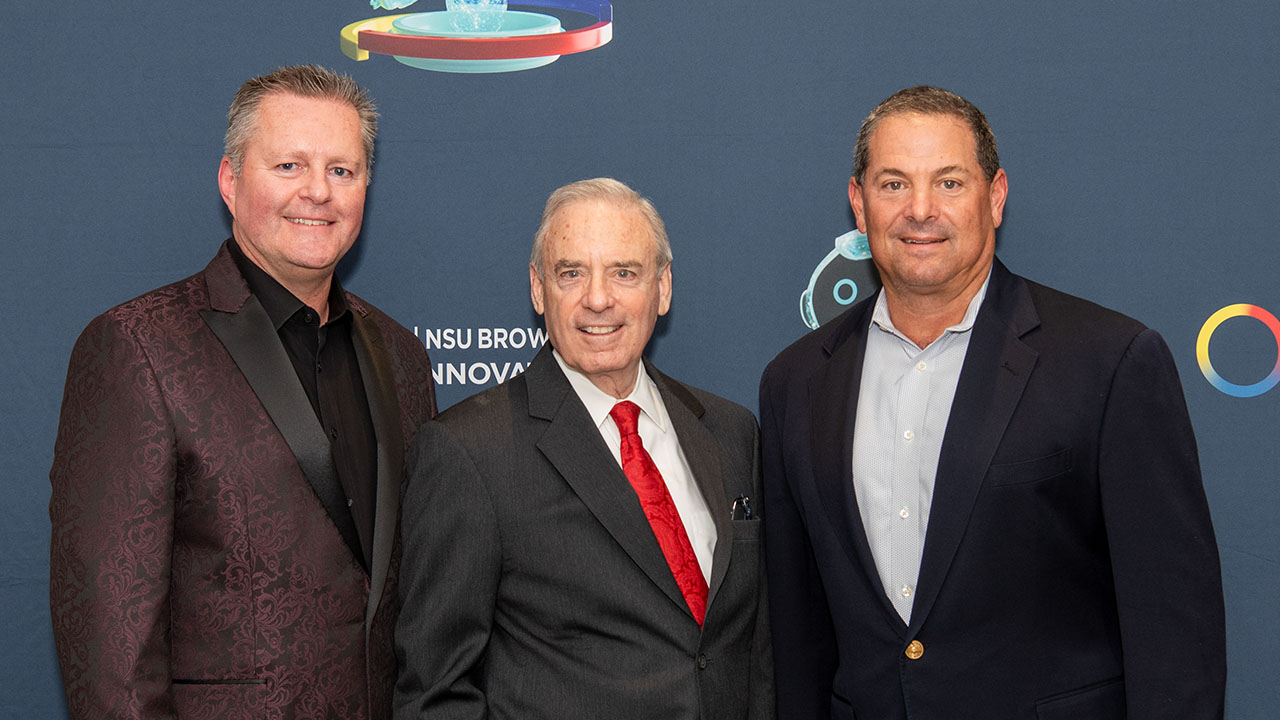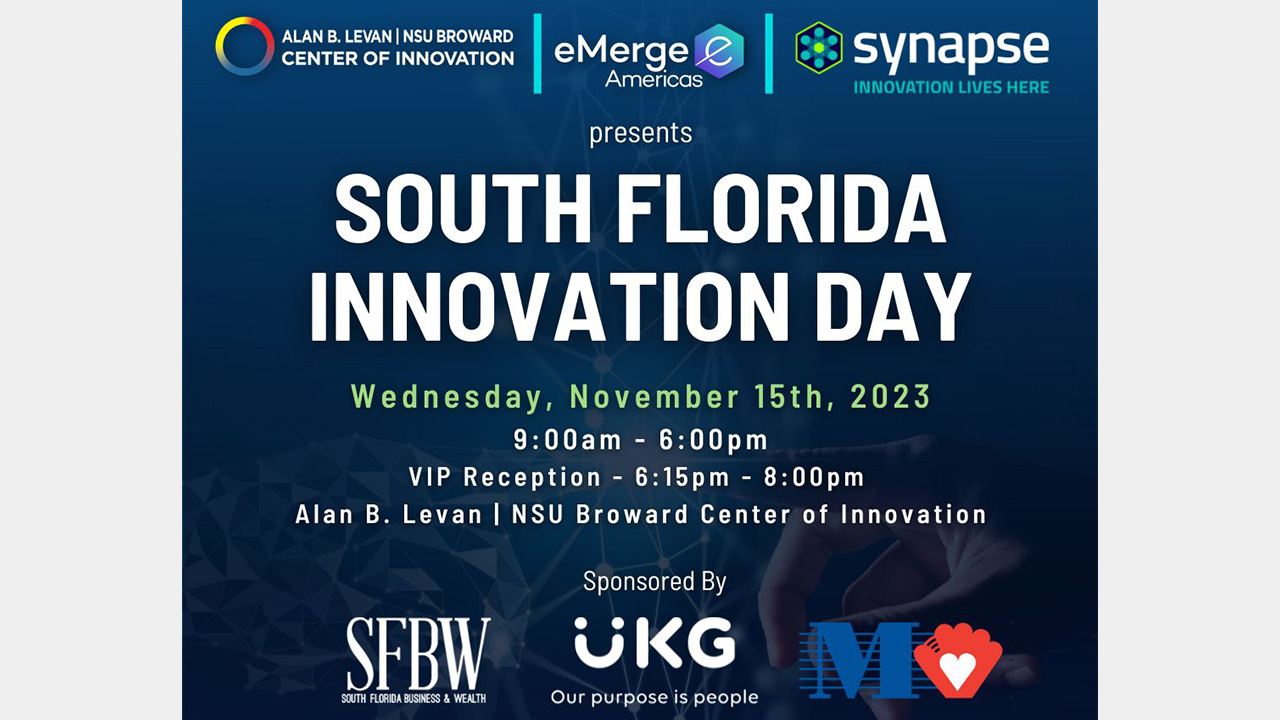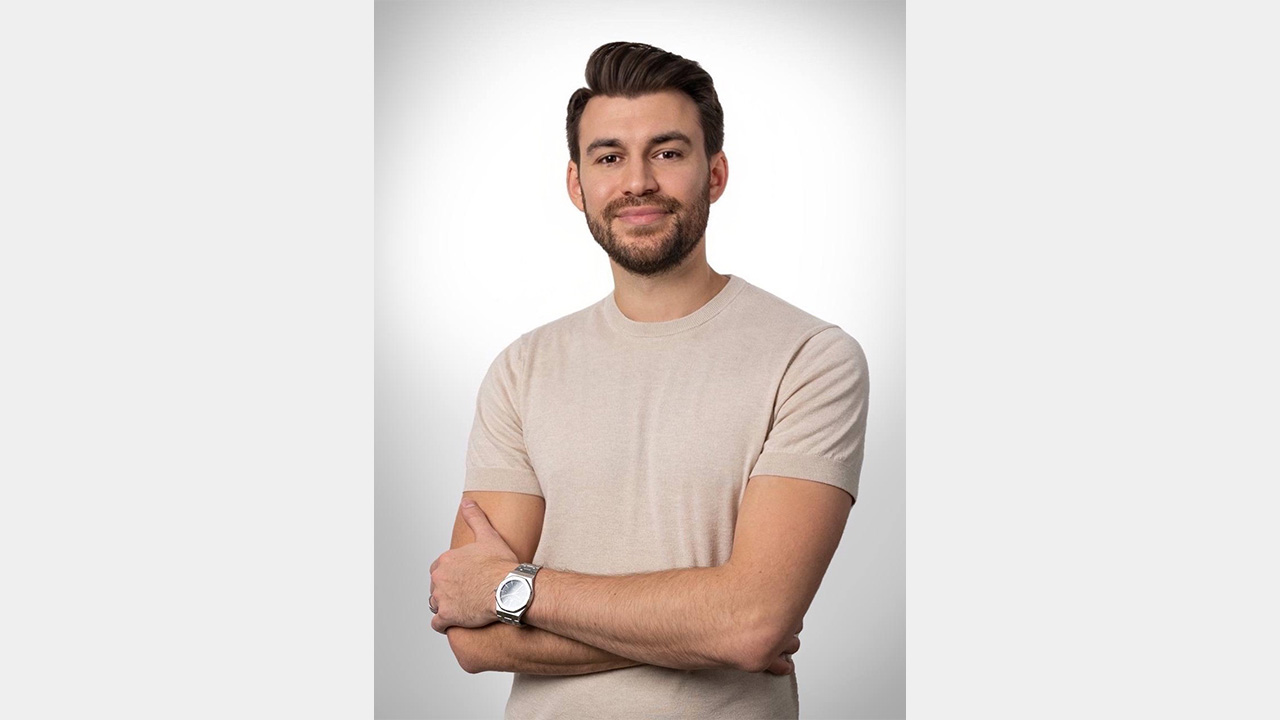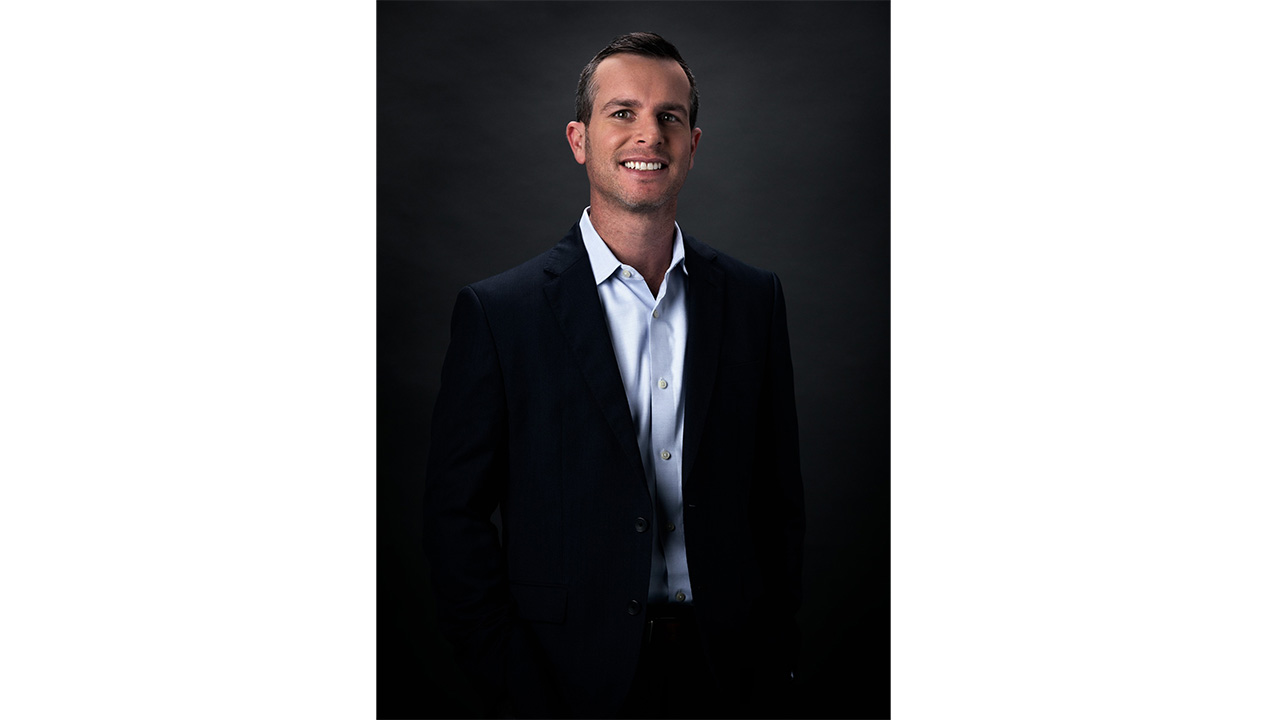Experts tell what it takes to succeed
By Kevin Gale
Panelists talking about digital transformation at the South Florida Executive Roundtable offered a variety of insights on what it takes to succeed. The event took place at the Coral Gables Country Club and included SFBW as a media sponsor. Charles Grau, CIO of United Data Technologies, was the moderator.
The panelists represented both relatively new businesses and well-established companies that are using innovation to seek a competitive edge. They were:
- Jonatan Alava, CTO of EarlyShares, a real estate crowdfunding platform that includes Property.com.
- Alexander Sjögren, CTO of YellowPepper, a pioneer in mobile banking and payments in Latin America.
- Mitch Knecht, CIO of LNR Property Corp. (Starwood Property Trust), which includes commercial mortgage investing and special servicing, plus the largest commercial real estate investment trust (REIT) in the United States.
- Rodrigo Violante, CTO of Televisa, the biggest Spanish language network in the world.
What does digital transformation mean to you and your organization?
Alava: We are enablers when it comes to transformation. We are taking processes that are high-touch – where users have to call, sign papers and fax them – and trying to get that all online and create a more natural transaction. People are accustomed to phones and laptops. You can do everything online.
Sjögren: We are trying to digitize financial institutions and make sure they have wider uptake of clients at a lower cost. Technology optimizes the process. We find pinpoints about consumers on how they like to pay in various scenarios.
Knecht: We have five different business lines; all are real estate and financial oriented. We look at the multiyear business road map and then we can look for opportunities to achieve. The common element is melding talented people with an information advantage. We are the largest in our industry. We have more data than anyone else.
We have two types of analytics: What will happen with what we have invested in? And, how can we shape some of the events that will happen and make our investments or potential investments come to fruition?
Several years ago, we invested in one of the first online auction sites. They have done multibillions in sales online. That wasn’t a core business, but a disruptive business to get involved in.
Violante: I came from startup world to Televisa, a 50-year-old company. It has a culture of acquiring and creating things. They are used to broadcasting – you buy equipment and broadcast over the air. They own the hardware. They own everything.
Everyone is aware of new technology, such as Netflix. Internal transformation is the biggest challenge.
In most organizations, whether it’s a startup or a legacy organization, you have different types of speed. You have people who understand technology and people who don’t understand technology. We need to focus on desired outcomes and what speed of delivery can leverage.
How do you tie cybersecurity considerations and speed of innovation?
Alava: We have a framework that we have to run any changes through. We are a very lean, small company. We try to be as fast as possible and leverage continuous improvement. We move at a speed that brings innovation to our customers.
Sjögren: Our industry is ever changing. New technologies are coming out constantly. We have to be up to par in delivering to clients. We try to have releases biweekly. We enable more than 30 million transactions a month for 5 million users with credit and debit cards. Security is very important.
Knecht: We have lent about $9 billion and cybersecurity is part of the process. We have code analyzed for protections from the outside and inside. Originally, it seemed a burden to developers, but now it’s just embraced.
We have tools that monitor the security of software. We check that the security we thought we had is what we have. We bring in external parties to test as well.
We have formed a tech road map committee. They prioritize all the “I want this, I want that” from all the business lines. With the president of the company, we get an order of priorities.
We try to be agile with speed for projects that aren’t complex. More complex ones may take months.
Violante: We have hundreds of thousands of credit cards. The system is pretty secure.
I feel we are going too fast sometimes. Market-wise, we are going too slow, competing against Netflix and Google. We just launched in January and it’s 15 engineers against 600 engineers providing content on everything from smart TVs to mobile devices.
How are you empowering employees through digital channels for faster decision-making and greater agility?
Violante: Every single decision has to be backed up by numbers. We have a lot of research tools, such as what people are watching.
Knecht: We have used digital channels in the development cycle with voting on features by users of software.
Sjögren: We can release something in the market and get immediate feedback. I’m completely obsessed with Slack (a collaboration and file-sharing system) – mainly because I don’t feel bad about contacting the team at 11 or 12 at night.
Alava: Everyone is always on Slack. Everyone has visibility as to what customers are doing. Everyone knows what’s going on and tries to help make sense of the data.
Knecht: It’s a combination of driving to the edge – how fast you can go – and then pulling back to get the right solution of what really has value. You get a lot of input and you have to go after the value stream with a lot of intensity.
Violante: If people don’t know how to interpret information, that can be bad for us. We analyze it first to make sure it’s clear.
Sjögren: We are building dashboards for projects using Tableau (a data visualization software) and have key performance indicators (KPIs) for every project.

CareCloud CEO Ken Comée wants to transform health care
“There’s only so much bad golf you can play,” jokes Ken Comée. So after about 14 months of retirement, he went from being on the board of CareCloud to becoming CEO in April 2015. Comée, who has a 30-year career in information technology, was the opening guest speaker for this month’s South Florida Executive Roundtable.
CareCloud, founded by Chairman and Chief Strategy Officer Albert Santalo, is among South Florida’s fastest-growing startups, raising more than $70 million to help put electronic medical records into the cloud.
Comée grew up in San Francisco and has lived in Paris, London and Los Angeles. He was five days away from transferring to Tokyo with Parametric Technology Corp. and agonized until 4 a.m. after telling his wife he might not want to go. He joined CollabNet in November 2000 (in the middle of the dot-com crash) as VP of sales, and saw the company get acquired by Vector Capital. He then went to Cast Iron Systems as executive VP of field operations.
There, Comée says he learned that skepticism is the biggest challenge for startups. Venture capital investors wrote the company down to near zero in value, but after 27 months, IBM bought it for $250 million. Comée served as CEO of the company under IBM’s ownership.
Comée was subsequently CEO of PowerReviews and Badgeville and an executive-in-resident at Norwest Venture Partners. He joined the CareCloud board in February 2012. CareCloud’s pitch is that it allows doctors to devote more of their time to patient care. Payers are putting more pressure on physicians, which makes it more difficult for them to make a living.
Comée is enthusiastic about the company being based in South Florida. He likes the region’s family-oriented culture and attitude of treating others as you want to be treated yourself. “There’s so much that sits here in this gem called South Florida,” he says.



